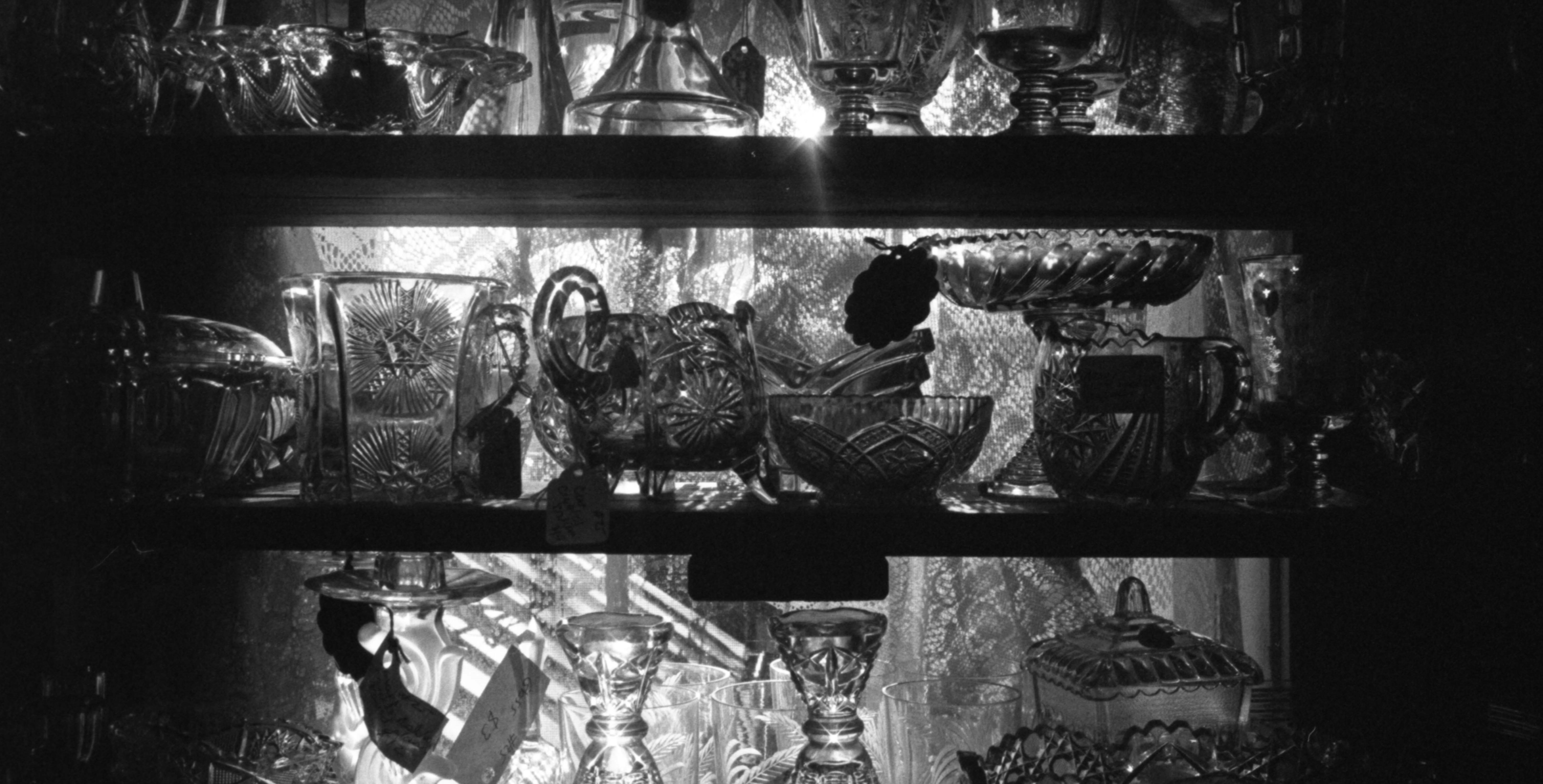teaching
DH 102: Data in the Humanities
This course introduces students to the creation and visualization of data in humanities research. The course is predicated on the fact that the digital turn of the last several decades has drastically changed the nature of knowledge production and distribution. The community and set of practices that is digital humanities (DH) encourages fluency in media beyond the printed word such as text mining, digital curation, data visualization, and spatial analysis. Readings and discussions of theory complement hands-on application of digital methods and computational thinking. While the objects of our study come primarily from the humanities, the methods of analysis are widely applicable to the social and natural sciences. Three unit-long collaborative projects explore the creation, structure, and visualization of humanities data. This course meets in two-hour blocks to accommodate a lab component.
DH 180: Born Digital
This course will explore the concept of “born digital” archives and our relationship to them as humans and scholars. The information that we create, consume, and communicate is almost entirely digital. Entire libraries fit in our pockets and every day sees 500 million new tweets of human expression. We now have constant access to a vast archive of human record – or do we? The average lifespan of a webpage is 100 days. Studies show that that 20% of academic articles contain broken links. How will future scholars understand our world of fragmented and fragile knowledge production and storage? Through discussion and lab time, this course will explore methods for studying and preserving contemporary culture and events. We will examine issues related to the ethics of appraisal, privacy, digital obsolescence, under-represented communities, media studies, and collective memory. Students will learn the basics of archival theory, practice, and technology in order to create a web archive of their design.
DH 101: Intro to Digital Humanities
This project-based course explores how digital media changes the ways we study culture and ideas. We’ll examine how technologies enable new forms of research and publishing not possible through print. Plus, we’ll discuss what is meant by “the digital” and how it impacts your careers.
DH 190: Scholarly Text Encoding
Text encoding is a pervasive but mostly unrecognized facet of early 21st-Century digital life. Every Web page consists of text marked with tags designating structure and style. Documents used for research requires a more rigorous set of encoding practices than ordinary Web pages. Adding semantic and structural meaning to digital texts produces and enables digital scholarship. The practice of scholarly text encoding represents a variety of texts, including handwritten manuscripts or early printed books, in a sustainable, non-proprietary form that attempts to convey the full essence of the original artifact.
This course explores the Text Encoding Initiative (TEI), a standardized markup language for humanities texts. In wide use for more than twenty years, TEI describes attributes such as marginalia, annotations, textual variants, and other features as well as structure such as chapters, acts, and scenes. The course also situates TEI within the context of the humanities by examining digital editions from a variety of disciplines. Students will produce their own encoded text and contribute to the scholarly community by creating content for the W&L TEI Web site.
HIST 295: Intro to Public History
An introduction to the history, theory, and practice of public history. During this course, students learn to engage with public audiences through a hands-on approach to public history projects. Students visit and critically examine Colonial Williamsburg, utilize easy-to-use software to create (collaboratively, with the Rockbridge Historical Society) a Lexington walking tour app, and evaluate the latest trends in New Media. Topics for this course include: the history of public history, interpretive writing, the creation (and contestation) of historical memory in monuments, museums and memorials, digital tools and exhibition, evaluation of cultural heritage sites, urban mapping, curation and content management, as well as oral histories and sites of conscience.
